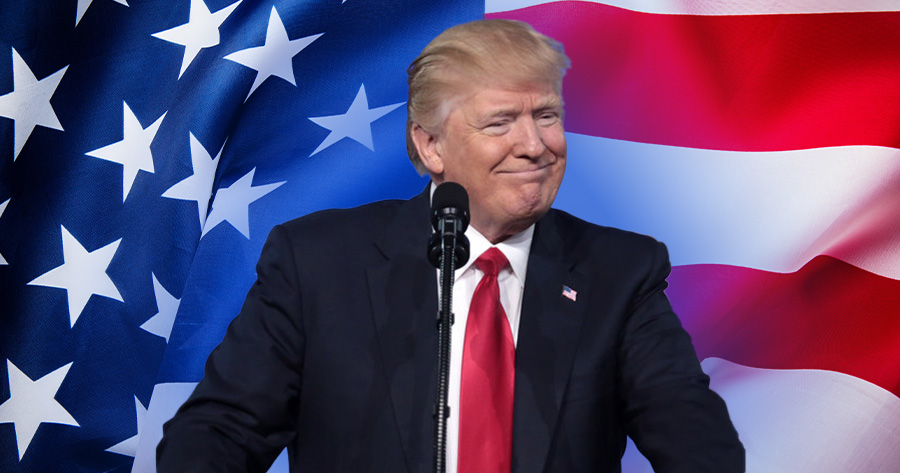The United States is preparing to enact a hefty 100% tariff on semiconductor chips arriving from overseas manufacturers that lack current or planned American production, President Donald Trump announced on Wednesday.
Speaking to reporters at the White House, Trump emphasized that the new duties would blanket all imported semiconductors and chip products—except for companies that have either established or pledged to set up US-based operations.
He warned that there will be an accumulation at a later time if those countries go back on their words on not building a base in the U.S.
The extent of the tariff’s reach remains uncertain, with no specifics disclosed about which countries or volumes of chips would face the steep surcharge. Industry insiders note that Taiwan’s TSMC, the world’s largest chip contractor and a vital supplier to major American firms like Nvidia, already operates manufacturing plants in the US. This likely shields top customers from the impact of the new rates.
Champions of regional chip industries—namely South Korea, Japan, and the European Union—have previously secured agreements with Washington on semiconductor trade. Yet, questions linger over whether the dramatic 100% tariff will override those deals.
The EU recently reported the US had consented to a uniform 15% tariff on its primary exports, including chips, pharmaceuticals, and automobiles. Seoul and Tokyo echoed similar confidence, saying they had received US assurances that their chip tariffs wouldn’t surpass those for other partners, again pointing to the 15% figure.





